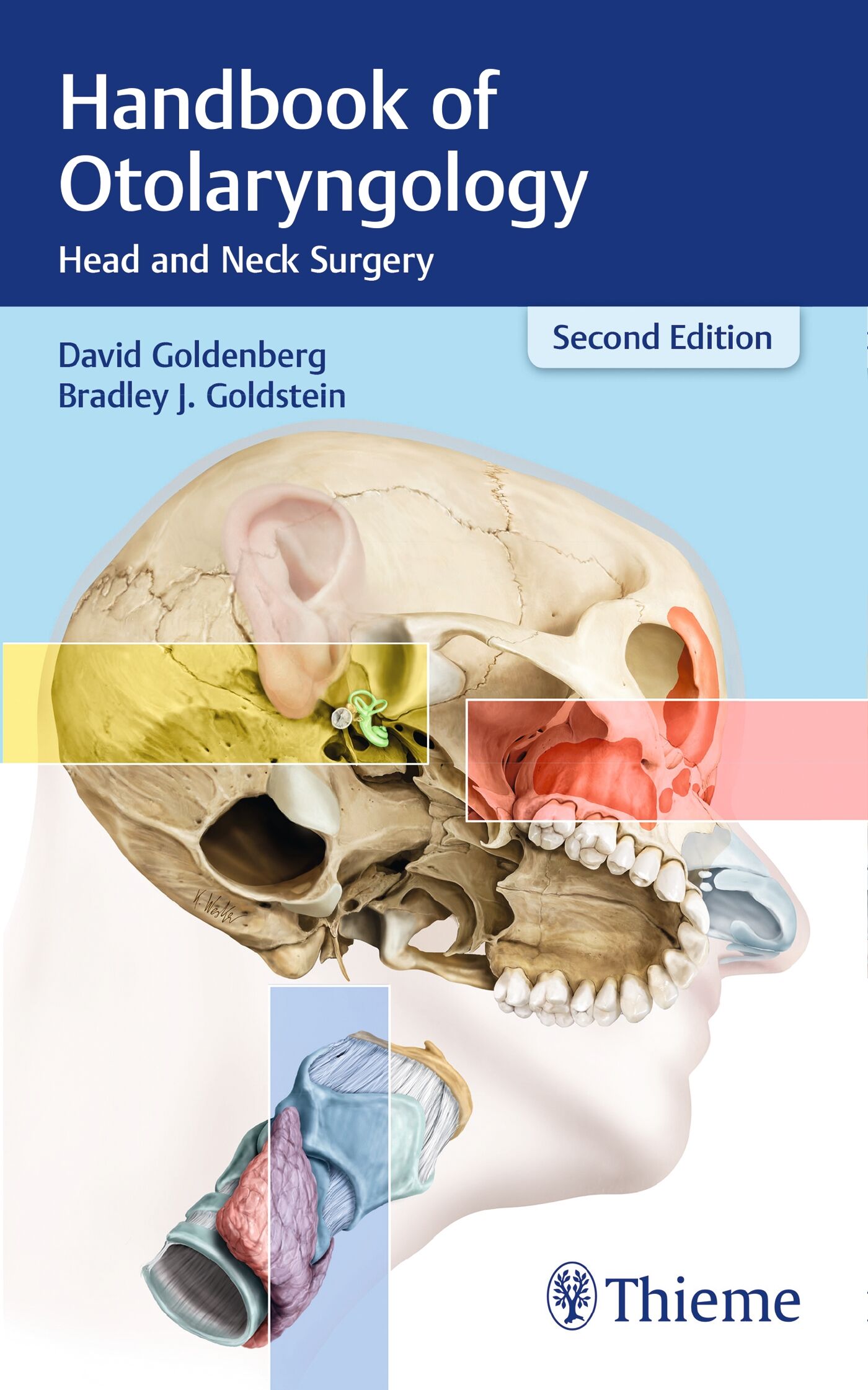How Otolaryngologists Use Technology to Treat Difficult Cases
How Otolaryngologists Use Technology to Treat Difficult Cases
Blog Article
Checking out the Area of Otolaryngology: What to Expect When You Seek Advice From an ENT
Otolaryngology, commonly described as ENT, incorporates the medical diagnosis and treatment of nose, ear, and throat problems. ENT. For those experiencing related problems, getting in touch with an ENT expert can supply clarity and alleviation. Comprehending what to expect during such appointments is important for efficient communication and treatment. This introduction will describe key elements of the ENT experience, including common reasons for brows through and the procedures associated with medical diagnosis and therapy
Comprehending Otolaryngology: A Review
Otolaryngology, commonly described as ENT (Nose, ear, and throat) medicine, is a customized branch of medication that concentrates on the diagnosis and treatment of problems impacting these vital locations of the human body. This area includes a vast array of conditions, consisting of those associated to hearing, balance, breathing feature, and speech. Otolaryngologists are trained to take care of both medical and medical treatments, utilizing advanced strategies and technologies. Their expertise prolongs past typical conditions, dealing with problems such as allergies, sinus infections, and hearing loss. Furthermore, they play a critical duty in the administration of head and neck cancers, offering thorough treatment tailored to individual patient needs. In general, otolaryngology continues to be necessary for maintaining wellness and lifestyle in affected people.
Usual Factors to See an ENT Professional
Lots of individuals look for the know-how of an ENT expert for a variety of factors, showing the varied nature of problems that affect the throat, nose, and ear. Common concerns include chronic sinusitis, which frequently causes persistent nasal blockage and face discomfort. Allergic reactions and their linked symptoms, such as itching and sneezing, likewise prompt visits to these experts. Hearing loss, whether abrupt or steady, is another substantial factor for examination. In addition, people may seek evaluation for throat problems, including persistent hoarseness or swallowing difficulties. Rest apnea, identified by disturbed breathing throughout rest, is regularly resolved by ENT experts too. Each of these conditions highlights the significance of specialized treatment in taking care of complicated ENT-related wellness problems.
Planning for Your ENT Consultation
When preparing for an ENT appointment, it is crucial to gather appropriate details and think about any kind of particular issues. People must compile a thorough medical background, including previous ear, nose, or throat problems, surgical procedures, and present medications. Documenting signs and symptoms-- such as intensity, period, and frequency-- can supply useful insights for the ENT specialist. Additionally, people ought to prepare a listing of inquiries they desire to ask, guaranteeing that all issues are attended to during the visit. Bringing along any kind of pertinent medical documents or examination results can further help the ENT in understanding the patient's condition. Clients ought to confirm their consultation information, including place, day, and time, to reduce any last-minute complication. Correct prep work can enhance the efficiency of the appointment and result in better outcomes.

What to Anticipate Throughout the Assessment
As the assessment starts, the client can expect to involve in a detailed discussion with the ENT specialist regarding their symptoms and clinical history. The professional will ask about the period, frequency, and extent of symptoms such as hearing loss, nasal congestion, or aching throat. Furthermore, the client's previous clinical conditions, medicines, and any kind of relevant family background will certainly be assessed, aiding the professional in forming a total understanding of the client's health and wellness. The ENT may additionally inquire about way of life factors, such as exposure to irritants or toxic irritants. This open discussion establishes a foundation for the examination, ensuring that the person's problems are addressed and setting the phase for any kind of essential analyses or recommendations for treatment.
Diagnostic Tests and Procedures in Otolaryngology
A variety of analysis examinations and treatments are essential in otolaryngology to properly assess and diagnose problems affecting the throat, nose, and ear. Typical examinations include audiometry, which gauges hearing function, and tympanometry, evaluating center ear stress. Nasal endoscopy enables visualization of the nasal flows and sinuses, while laryngoscopy checks out the throat and singing cables. Imaging strategies, such as CT scans and MRIs, offer comprehensive sights of head and neck structures. Allergic reaction screening might additionally be performed to recognize triggers for sinus or respiratory concerns. These diagnostic tools allow ENT professionals to create a complete understanding of people' conditions, making certain customized and efficient administration plans. Correct diagnosis is vital for successful therapy outcomes in otolaryngology.
Treatment Options Used by ENT Specialists
ENT experts supply a range of therapy choices customized to deal with particular conditions influencing the nose, ear, and throat. These treatments vary from conventional approaches, such as medication and lifestyle adjustments, to even more invasive procedures. Allergies might be taken care of with antihistamines or immunotherapy, while chronic sinus problems may require nasal corticosteroids or sinus surgical treatment. For hearing loss, ENT experts typically suggest listening device or surgical treatments like cochlear implants. In cases of throat conditions, alternatives can include speech treatment or medical treatments to get rid of blockages. In addition, they might offer support for taking care of sleep apnea, including making use of CPAP gadgets or medical treatments. Generally, the goal is to enhance people' lifestyle via individualized care and efficient therapy approaches.
When to Seek Follow-Up Care With an ENT
Recognizing when to seek follow-up treatment with an ENT expert is crucial for managing continuous signs or problems connected to throat, nose, and ear conditions (ENT Clinic). Patients need to think about scheduling a follow-up consultation if symptoms linger regardless of first therapy, such as chronic ear pain, nasal blockage, or throat pain. Changes in hearing, equilibrium issues, or uncommon nasal discharge might also call for additional assessment. In addition, if an individual experiences adverse effects from prescribed medications or has gone through a surgical treatment, follow-up care is essential to keep track of recovery and resolve any kind of problems. Prompt examinations can ensure reliable management of problems, avoid potential difficulties, and supply satisfaction relating to one's health and wellness. Seeking follow-up treatment promotes aggressive health monitoring in otolaryngology
Frequently Asked Questions
What Credentials Should I Seek in an ENT Professional?
When looking for an ENT expert, one should seek board qualification, appropriate experience, and strong client testimonials. Furthermore, reliable interaction skills and a caring technique can considerably improve the general treatment experience.
Just how Do I Pick the Right ENT for My Requirements?
Picking the right ENT specialist entails assessing their qualifications, experience, and client reviews. It is necessary to ponder their interaction style and method to therapy, guaranteeing they straighten with the person's details health and wellness needs and preferences.
Are There Any Threats Connected With ENT Procedures?
The threats linked with ENT treatments might include infection, blood loss, anesthetic complications, and prospective damages to bordering structures. Clients should discuss these threats with their medical professional to understand individual issues and guarantee notified choices.
Just How Can I Handle Anxiety Before My ENT Consultation?
To take care of stress and anxiety prior to a consultation, people can practice deep breathing workouts, envision favorable end results, prepare inquiries in development, and seek Sinus support from buddies or family, cultivating a feeling of peace of mind and peace.

What Should I Do if I Experience Negative Effects From Therapy?
If adverse effects from treatment occur, the person must quickly report them to their doctor. ENT. Changes to therapy or extra treatments may be necessary to ensure safety and security and performance in managing their condition. As the appointment starts, the patient can anticipate to engage in a complete conversation with the ENT expert regarding their signs and medical background. These analysis tools enable ENT specialists to establish an extensive understanding of patients' conditions, guaranteeing customized and efficient administration plans. ENT professionals use a range of treatment options tailored to address certain problems impacting the nose, throat, and ear. When seeking an ENT specialist, one ought to look for board certification, pertinent experience, and solid client evaluations. Selecting the appropriate ENT expert includes reviewing their qualifications, experience, and individual testimonials
Report this page